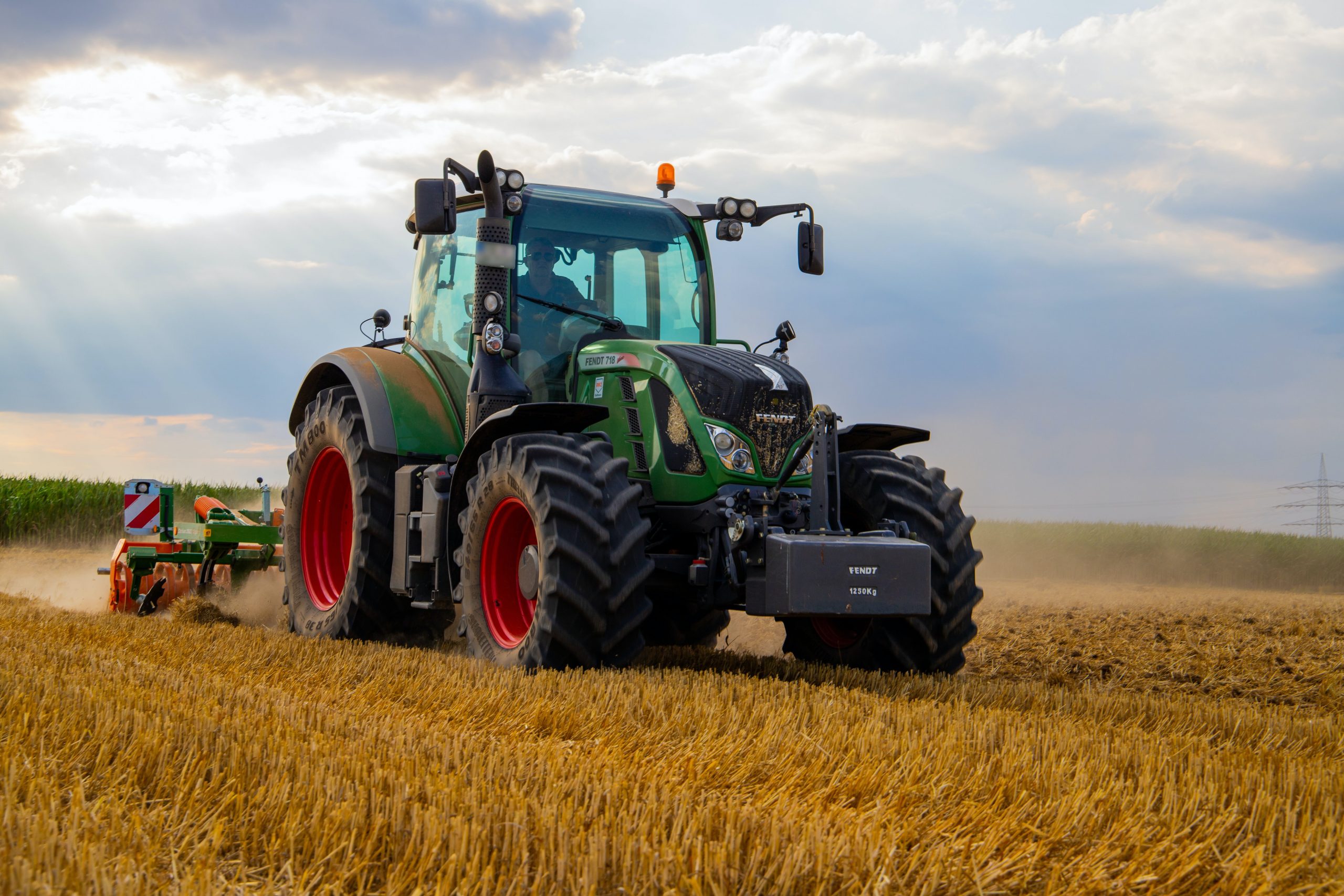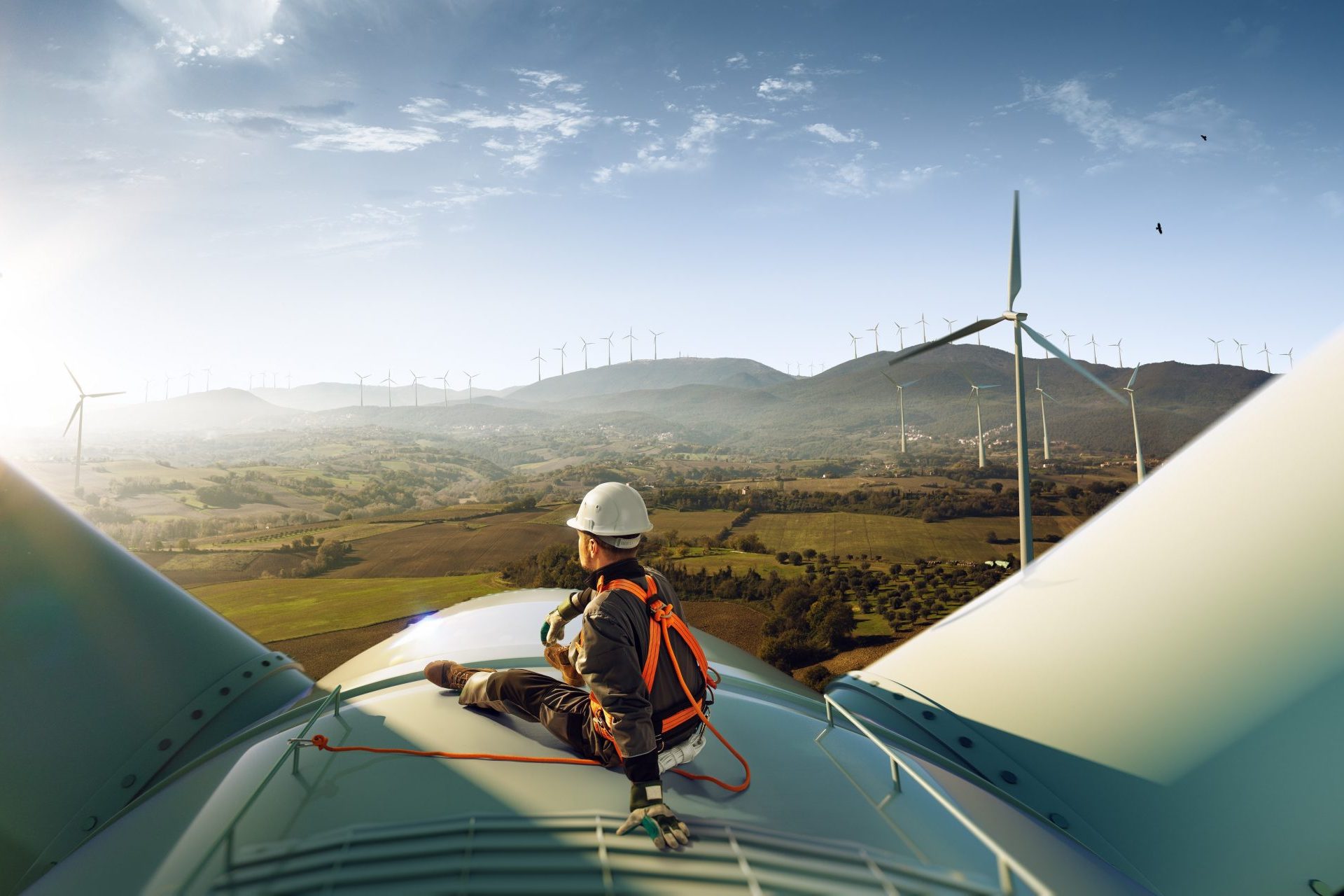From being able to work while commuting to reduced delays and smoother journeys, 5G SA can help change rail and road transport in the UK for the better.
- New modelling from Vodafone UK reveals how the rollout of nationwide 5G Standalone (SA) will transform road and rail travel – collectively saving regular road users £2 billion a year on fuel and boosting productivity through remote working on trains by £1 billion a year.1
- The efficiencies delivered by smart technology and connectivity powered by 5G SA will save UK train users 26 million hours a year by reducing delays. It can also save at least £10 million a year in delay compensation payments – money that could be reinvested into rail infrastructure to drastically improve services.
- To deliver these rewards, the UK needs nationwide 5G in every part of the country – a manifesto promise of the new Labour Government. Vodafone UK and Three UK promise, as part of their proposed merger, to deliver a self-funded £11bn investment to roll-out 5G SA to 95% of the population by 2030 and 99% by 2034.
New modelling for Vodafone UK has revealed how nationwide 5G Standalone (SA) will transform road and rail journeys – adding £1 billion to the UK economy per year through improved connectivity for remote workers on trains, while also saving regular road users £2 billion on fuel each year.
The modelling, by WPI Strategy, used new survey data on working and connectivity patterns on trains to estimate that there could be up to 28.2 million train journeys every year in the UK where people want to work, but don’t due to poor connectivity. They estimate that these journeys could be transformed into £1 billion in extra productivity for the UK economy. It also revealed train users would save 26 million hours through reduced delays.
Why is it so hard getting an unbroken mobile signal on a train?
Ensuring consistent mobile reception on UK railways is harder than you think, with obstacles you may never even have considered.
The role 5G SA can play in helping reduce train delays amounts to a £10 million saving in delay compensation that could be reinvested into critical infrastructure. Meanwhile, reduced congestion and journey delays for freight drivers thanks to 5G-connected devices on the UK’s roads would equate to productivity savings of £140 million per year for businesses in the sector by reducing traffic, making journeys smarter, and deliveries more time efficient.
Alongside the modelling, a new poll of 2,000 UK adults revealed that 60% say poor mobile connectivity on trains stops people using journeys productively – whether to work, catch up with friends or watch a film. The transformative effect of 5G SA could make 660 million train journeys more enjoyable for users by addressing these issues.
Nearly two-thirds of travellers surveyed think the UK is the world’s best at ‘going nowhere fast’ and almost three-quarters (73%) are frustrated the UK can’t replicate the reliable, cheaper services often seen abroad.
Road safety gets real-time boost in West Midlands
New system using Vodafone’s network provides fast and accurate travel data updates that you won’t find anywhere else.
Andrea Donà, Chief Network Officer, Vodafone UK, said: “The national rollout of a 5G Standalone network has the potential to transform connectivity on the UK’s roads and railways. Across road and rail alone, it could unlock £3bn a year for the UK through boosted productivity and by saving fuel costs through smoother journeys.
“Without the proposed merger between Vodafone UK and Three UK, the UK misses out on an £11bn self-funded infrastructure investment to deliver 5G Standalone to 95% of the population by 2030 and 99% of the UK population by 2034.”
The survey also found that addressing connectivity issues could encourage people to use public transport – over half (51%) wish they could use public transport more frequently, but cited delays as an issue. On average, commuters say they are losing two hours and 20 minutes per month due to train service disruptions, whilst 51% avoid trains altogether due to marginal time saved travelling by car.
Vodafone has created an infographic: ‘Smart Transport: 5G-powered road and rail’, visualising how 5G enables seamless communication between trains, signals and stations to reduce rail disruptions, and how vehicle-to-vehicle communication, road sensors and smart traffic control systems will revolutionise road congestion management.
Stay up to date with the latest news from Vodafone by following us on LinkedIn and Twitter/X, as well as signing up for News Centre website notifications.
-Ends-
Notes to Editors
1 Add £1 billion to the economy in Gross Value Added (GVA) through increased productivity on trains.
What is 5G Standalone?
Until now, 5G has sat on existing networks and therefore relied on 4G technology. 5G SA does not rely on 4G as it is an end-to-end 5G network, delivering more reliable connectivity, enhanced security, improved battery life and low latency (bufferless) experiences.
Methodology
WPI Strategy modelled the benefits to the UK’s road and rail networks if their systems had access to a standalone 5G network. It used a range of studies and pilot scheme results to determine how 5G can reduce traffic congestion and pre-empt faults on the rail network, alongside Department for Transport data and OnePoll survey results on road users and train journeys to model for the various outputs.



![Smart farm, agriculture concept, farmer use data augmented mixed virtual reality integrate artificial intelligence[Adobe Stock]](https://www.vodafone.co.uk/newscentre/app/uploads/2023/12/Smart-farm-agriculture-concept-farmer-use-data-augmented-mixed-virtual-reality-integrate-artificial-intelligenceAdobe-Stock.jpg)

![crowd-at-the-concert[Adobe_Stock] stock photo of a crowd of people holding up their phones at a concert](https://www.vodafone.co.uk/newscentre/app/uploads/2023/06/crowd-at-the-concertAdobe_Stock.jpg)